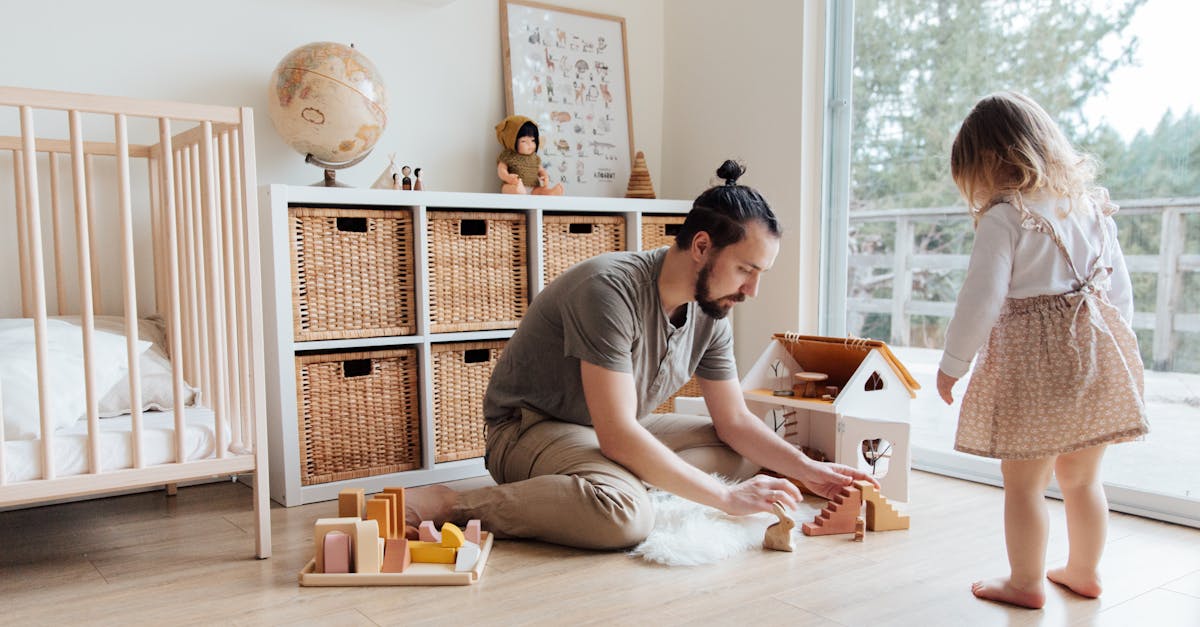Start with Simple Concepts
When teaching pre-schoolers to pray, start with simple concepts. Children understand basic ideas like love and kindness. Explain that praying for others means asking for good things for them. Use relatable examples to show how their prayers can help others feel better or solve problems.

By introducing prayer in these tangible ways, children can begin to grasp the power and impact of their prayers in a meaningful manner.
Make It a Daily Routine
Routine makes learning stick. Incorporate prayer into daily activities to establish a habit. Whether it’s before meals or bedtime, consistency helps kids understand the importance of prayer. Keep it short and sweet, so it’s easy for them to remember and look forward to.

Use Storytelling
Kids love stories! Use storytelling to explain why we pray for others. Share stories about people who need help and how prayers can make a difference. Make it fun and engaging to capture their interest and teach empathy through relatable characters.

Incorporate Playful Learning
Children learn best through play. Use playful activities like drawing or role-playing to teach them about prayer. These activities make learning fun and memorable. For example, draw pictures of people they can pray for or role-play different prayer scenarios.

Celebrate Small Wins
Celebrate their efforts! Praise your child when they remember to pray for others. Small rewards and positive reinforcement encourage them to continue. Highlighting their progress builds confidence and makes them excited to keep praying for those in need.

Encourage Questions and Sharing
Children are naturally curious. Encourage them to ask questions about why and how we pray for others. Share your own experiences to make it relatable. When kids feel comfortable sharing, it deepens their understanding and strengthens your bond.

